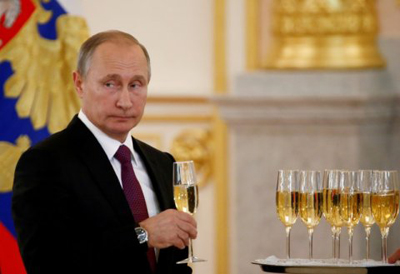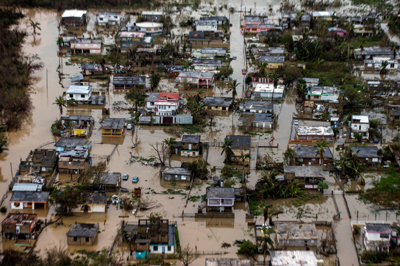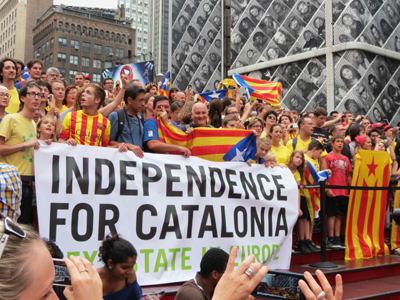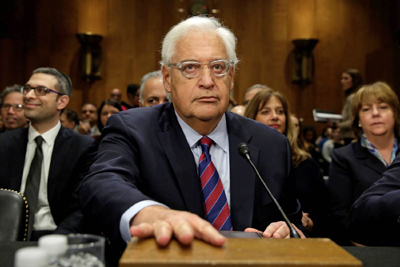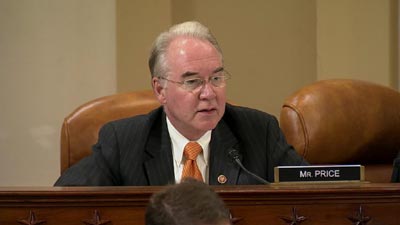Pages: << 1 ... 110 111 112 113 114 115 116 117 118 119 120 ... 1279 >>
Madrid Vows to Block Catalan Independence
Stephen Lendman
State-sponsored street violence tried preventing Sunday’s referendum from taking place. It may have been prelude for harsher measures ahead.
Fascist PM Mariano Rajoy announced his intention, saying “(i)f anyone plans to declare the independence of part of the territory of Spain, as he can’t since he does not have the power to do so, we would have to do everything within the law to impede this.”The “law” apparently is whatever he says it is, including unleashing thuggish police in virtual combat gear against nonviolent Catalans exercising their right to vote, injuring hundreds, some seriously.
Catalan Voters Face Police State Violence
Stephen Lendman
Self-determination is a universal right, affirmed by the UN Charter and other international law - rejected by despotic states like Spain, masquerading as democratic.
On Sunday, Catalans trying to vote in their independence referendum are being assaulted by thuggish police - smashing glass panels of polling stations, bursting in violently, forcibly removing ballot boxes and voters, attacking them with batons and rubber-coated steel bullets, women as violently as men, the elderly treated the same way.
Spain’s Deputy Prime Minister Soraya Saenz de Santamaria lied, claiming police “acted with professionalism in an appropriate way.” Images show otherwise, including women battered and bloodied by police violence.
Catalonia is a battleground in Barcelona and elsewhere. War in the streets rages against its people, trying to exercise their right to vote.
Putin Calls for Improved Relations with US: An Unattainable Goal
Stephen Lendman
US/Russia relations are deplorable, things worsening, not improving.
Nothing in prospect suggests positive change. Russia’s future is East, not West. Its good faith efforts for normalized bilateral relations are consistently rebuffed.
US hostility remains unrelenting. Bipartisan neocons infesting Washington intend keeping things this way.
Nothing significantly positive between both countries happened since the Reagan/Gorbachev era. Obama’s brief reset was head-fake deception. No meaningful US outreach followed.
Hoped for improved ties when Trump entered office failed to materialize. Reckless Russia bashing persists.
Putin’s latest call for “predictable, constructive, mutually beneficial cooperation” with Washington will prove no more successful than earlier attempts to improve relations.
Slaughter in Las Vegas
Stephen Lendman
On Sunday, reportedly at least 59 people were killed, another 527 injured in a mass shooting incident during a concert near the Mandalay Bay Resort and Casino.
Police blamed a lone gunman, 64-year-old Stephen Paddock, called a “local resident,” reportedly firing from a window on the Mandalay hotel’s 32nd floor. Raw video footage from a taxi driver showed muzzle flashes from the 4th floor. The Harvest Music Festival took place across the street.
Did he take his own life as Las Vegas police claimed or did SWAT team members lethally shoot him? His brother, Eric, said “(t)here is no reason we can imagine why Stephen would do something like this.”
“We have no idea how this happened. It’s like an asteroid just fell on top of our family.” Stephen was “not an avid gun guy at all…He ha(d) no military background or anything like that.”
Russian Foreign Ministry on Syria and US Threats Against RT and Sputnik News
Stephen Lendman
Russian Foreign Ministry spokeswoman Maria Zakharova’s weekly press briefings are refreshingly straightforward and candid - polar opposite State Department baloney, ducking tough questions, suppressing hard truths.
Despite significant progress in freeing Syria from US-supported terrorists, they remain disruptive, why combating them will continue until they’re eliminated. Russia is committed to the task. In contrast, America supports the scourge it pretends to oppose, terror-bombing civilian targets, destroying vital infrastructure, seeking regime change, Russia committed to prevent it.
Zakharova blasted Washington’s meddling in Russia’s internal affairs, while falsely claiming Moscow interferes in America’s. “(I)t is hard to understand why the United States believes it possible to meddle in the life of other states,” she said.
Puerto Rico: A Public Health Catastrophe
Stephen Lendman
Acting Homeland Security Secretary Elaine Duke deplorably called the federal response to crisis conditions in Puerto Rico a “good news story,” adding she’s “very satisfied.”
San Juan Mayor Yulin Cruz emotionally responded, saying “(w)ell, maybe from where she’s standing it’s a good-news story.”
“When you’re drinking from a creek, it’s not a good-news story. When you don’t have food for a baby, it’s not a good-news story.”
“When you have to pull people down from their buildings - I’m sorry, but that really upsets and frustrates me.”
“I would ask her to come down here and visit the towns and then make a statement like that, which frankly is an irresponsible statement and contrast with the statements of support that I have been getting since yesterday when I got that call from the White House.”
Catalans Choose Independence from Fascist Spain
Stephen Lendman
Sunday was a day to remember, a remarkable display of people power, overwhelmingly choosing independence from despotic Madrid governance by a resounding 90% majority - despite state-sponsored violence unleashed against them.
Catalonia’s government said “(o)ut of the 2,262,424 ballots that were not seized, 2,020,144 were YES votes, 176,566 were NO votes, 45,586 in blank and 20,129 null votes.”
Police attired like combat troops, imported from other parts of Spain, turned Barcelona and other areas into battlegrounds - a futile attempt to prevent Catalans from exercising their democratic right to vote, the UN Charter and other international law affirming their right of self-determination, the right of all people everywhere.
Nearly 900 people were injured, some seriously, the final tally perhaps higher. Police used rubber-coated steel bullets, brutal beatings with batons, and other forms of state-sponsored violence - viciousness on display for the whole world to see.
Deplorable US Envoy to Israel
Stephen Lendman
Zionist zealot, unlimited settlement construction and annexation of Palestinian land supporter David Friedman is a longtime close Trump ally.
In an interview with the Hebrew language publication Walla, he disgracefully lied, claiming Israel only occupies 2% of West Bank land.
Israel occupies over two-thirds of the West Bank, controlling the Occupied Territories entirely. Areas off-limits to Palestinians include:
• settlements and regional councils;
• state land;
• closed military zones;
• nature reserves;
• national parks;
• area for Israel’s Separation Wall;
• free-firing zones;
• commercial locations;
• no-go areas;
• Jews-only roads;
• checkpoints;
• other barriers, along with exclusively Jewish areas.
Occupied Palestine reflects militarized colonization and discriminatory apartheid - worse than South Africa’s. Separate and unequal is official Israeli policy. Viciousness defines it.
HHS Secretary Tom Price Sacked
Stephen Lendman
In response to Health and Human Services Secretary Price spending hundreds of thousands of dollars at taxpayers’ expense on at least 24 private charter plane flights, Trump expressed outrage, saying he’s “very very unhappy” about it.
Asked if he’d fire Price, he sternly said “we’ll see,” adding “I am not happy about it. I’m going to look at it. I’ll let him know it.”
On Friday, the hammer fell. Trump asked Price to resign, a polite way of sacking him, a White House statement saying HHS Secretary “Thomas Price offered his resignation earlier today and the president accepted.”
In 2009 as a House member, he called a proposal to spend $550 million on government planes for federal officials and congressional members “fiscal irresponsibility” - except for his own luxury travel, as things turned out.
Russia Effectively Smashing US-Supported Terrorists in Syria
Stephen Lendman
Russia’s military intervention in Syria at the request of its government began two years ago today - September 30.
It dramatically changed the dynamic on the ground, turning sure defeat into eventual triumph.
Thousands of square miles of Syrian territory were liberated from the scourge of US-supported terrorists, defeating Washington’s imperial aims, wanting regime change, the country transformed into another vassal state.
Tass reviewed Russian operations over the past two years, saying “victory over terrorism is near.” Its efforts transformed armed opposition conflicting groups into “a common front in the struggle against terrorists.”What began two years ago today “is entering its final phase,” Russian air power enabling Syrian and allied forces to regain control over “85% of the country’s territory,” a remarkable turnaround from conditions before Moscow’s involvement.
<< 1 ... 110 111 112 113 114 115 116 117 118 119 120 ... 1279 >>




